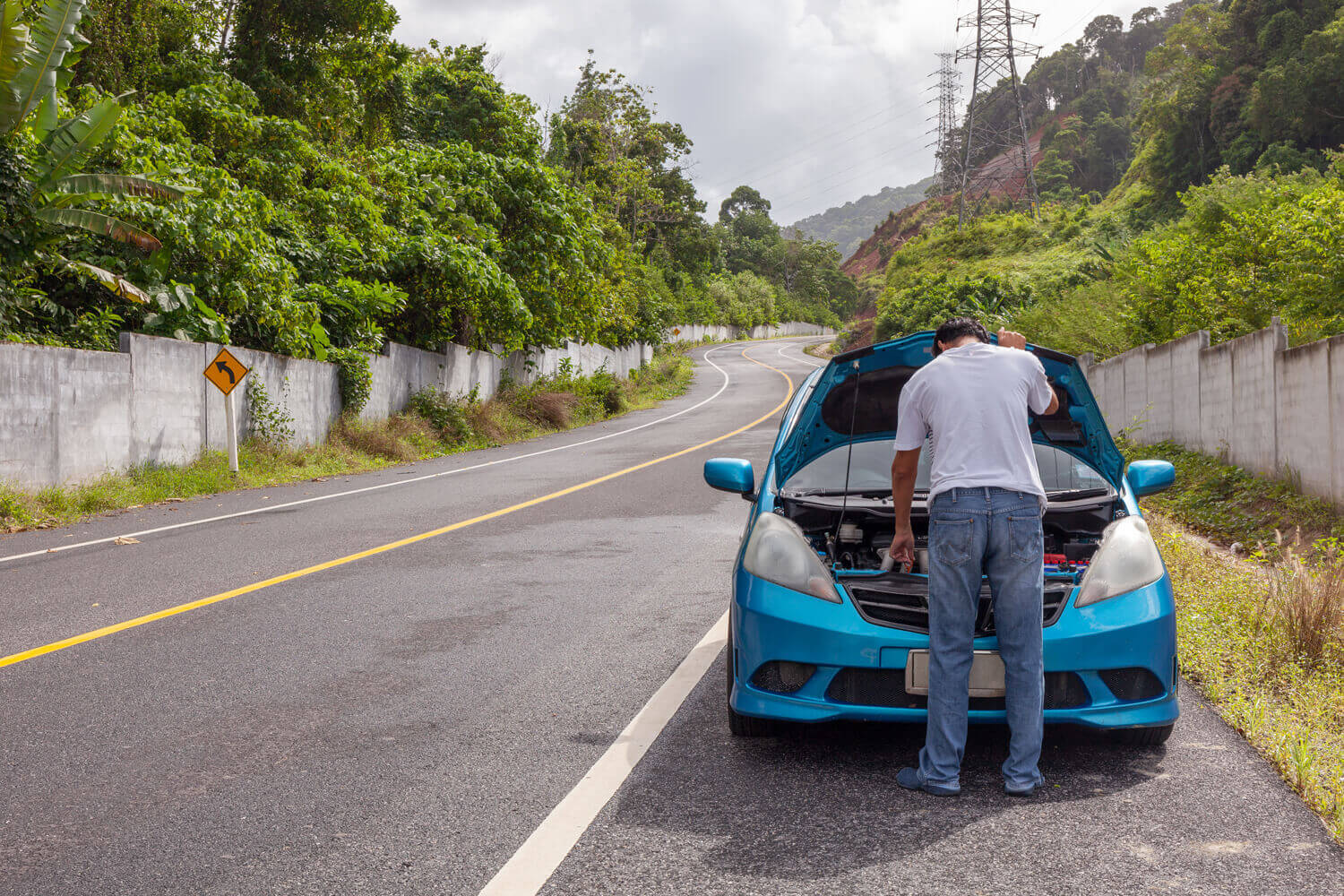What Emergency Funding Does the UK Offer?

It’s been reported that 47% of Brits don’t have any money put aside for an emergency cost.
If you’ve had a large, unexpected cost or a lifestyle change, you might be worried about how you’re going to make ends meet. There is some help available in the form of emergency funding from the government or local charities but getting it can prove challenging.
First and foremost, the UK government expects you to have your own emergency funds.
How to start my own emergency fund?
You might already have an emergency fund, maybe you call it a “nest egg” or even just your savings. Money that you put aside every month might be to pay for something – like a deposit on a house or a car but this can be used as an emergency fund if necessary. That’s not ideal, and it’s better to have both but it’s a good place to start.
If you don’t have one, the best thing to do is start putting even a small amount aside every month into a different bank account. Start small, £10 or £20, and then put in more if you can.
How many months should my emergency fund cover?
We can only put aside what we can afford. So, your emergency fund will reflect that.
It’s best to think: if I lost my job and had no incomings, how many months do I think it would take me to find a new job? We usually say three months, so try to save for three months’ worth of expenses. This number may be quite high.
For example, if you get £1500 per month from work and you’re not putting any money into savings and just living pay cheque to pay cheque, you’d need to save £4500.
That sounds like a lot. But just think of it as baby steps. Each time you put in £10, that’s £10 you won’t have to worry about if you lose your job or have a financial lifestyle change.
How to save for an emergency fund when money is tight?
It might seem impossible to save any money when you’re already on a strict budget. But it’s worth thinking of putting money aside for an emergency as a necessary expense.
Like we said before, just put in what you can afford to pay.
Strict budgeting will help you with working out what’s affordable, so sit down and write out all your incomings versus outgoings to see if any kind of emergency fund is possible.
However, if you’re paying back debts, you always need to prioritise these.
It’s standard advice to recommend people to pay off any outstanding debts with savings if that’s an option because it means you’ll avoid incurring any more interest, and ultimately pay back less. You never want to pay more than you need to.
If you’re in a situation where you are struggling to meet monthly payments to your Debt Management Plan (DMP), whether that’s because you’ve had an emergency cost or for any other reason, speak to us immediately.
As a Debt Management Plan Company, we understand a change in circumstance is normal and it happens but we need to know to make sure you’re paying back the right amount. You might be hesitant to call and admit you are having issues paying but that’s what we’re here for! We can help you through this situation so you’re not dealing with it alone.
What emergency funding does the UK government offer?
01. Grants from your local council
Local councils will offer some kinds of grants for people for can’t afford some emergency costs, but each council will be different.
It’s important to do your research. Look online to see what your council offers. On their website, you’ll also be able to find out about government benefits and job vacancies if you’re looking for work.
Even if your local council can’t offer any money, they may be able to give you some free advice about food banks, and what other support there is such as free school meals, free childcare, and help with homelessness.
Tips:
If your local authority can’t help you, there may be grants available to you through charity organisations. These will be based on your situation.
02. Universal Credit Advance
This is for those who have applied for Universal Credit but can’t afford to live while they wait for their first payment.
You’ll need to pay it back through your future UC payments and you should receive your first UC payment 7 days after your first assessment, so it’s better to avoid getting a UC advance if you can.
An advance is just available for essentials like if you can’t afford rent or food.
03. Hardship fund
You may have heard of the Hardship Fund before, but many people don’t realise that it is only for people who cannot work due to criminal violence.
The best way to find out about the Hardship Fund is by contacting your local Job Centre.
How much you will receive will depend on your situation.
04. Loans
Some people may take out loans to cover emergency costs. This can be a way to get cash fast but you need to be wary of high interest rates and charges. Short term loans even for a small amount can often have a very high APR and can end up costing you a lot more than the amount you’ve borrowed.
Want some advice?
If you’re on a Debt Management Plan, we strongly advise you don’t take out any further credit during your agreement. However, we may be able to help you to cover emergency costs by reviewing your DMP.
If your circumstances have changed due to an unforeseen emergency cost, contact us today.
Contact Us


